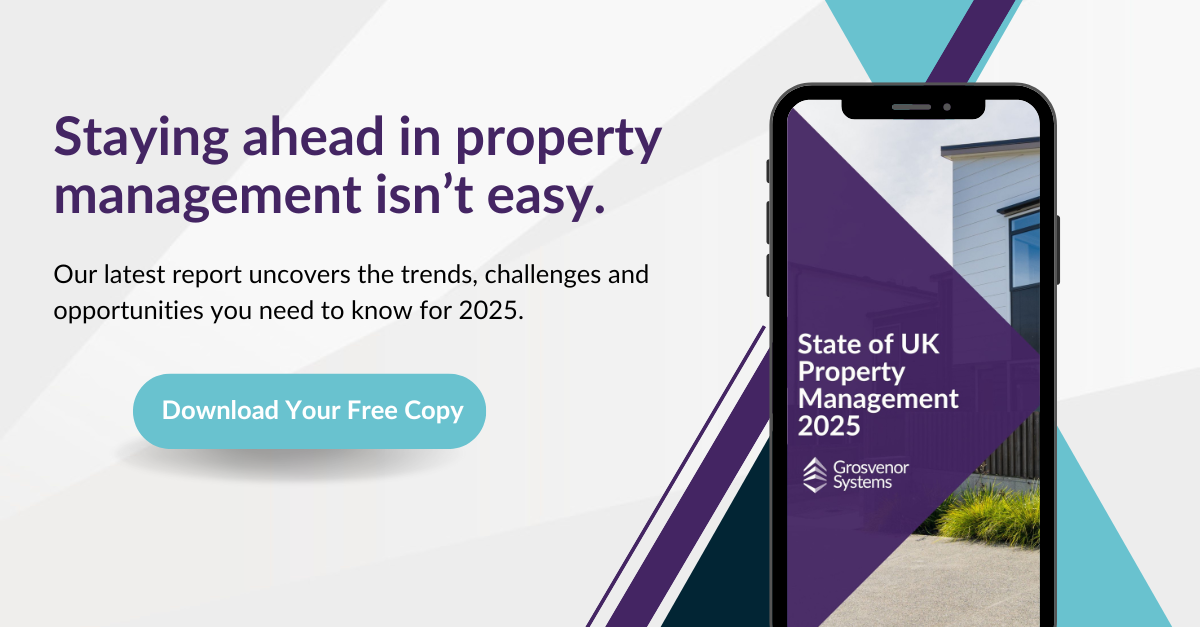How Property Managers Can Prepare for Renters Reform in 2025
With major legal and operational changes on the horizon, property managers should start laying the groundwork now. Here are some practical steps to ensure you and your clients are ready:
- Review and Update Tenancy Agreements:
Begin transitioning away from fixed-term ASTs and prepare for periodic tenancies as the norm. Ensure your documents and management software can handle open-ended contracts. Also, familiarise yourself with the new prescribed grounds for possession since you’ll need valid reasons (and evidence) for any future evictions once Section 21 is gone. It may be wise to train your staff on the updated Section 8 eviction grounds and legal processes.
- Plan for Rent Controls and Budgeting:
With rent increases capped at one per year by formal notice, you should start reviewing your rent review schedules. Communicate with owners about limiting rent increases to annual adjustments and the need to justify increases with market evidence. You might consider conducting market rent assessments regularly so that any increase can be defended as reasonable if challenged. Build in the required two-month notice period for increases into your workflows. This is also a good time to update any internal calculators or consider implementing software to ensure rent increase reminders align with the new rules.
- Ensure Property Compliance:
Proactively inspect the properties you manage for any substandard conditions. Address maintenance issues now – especially any safety hazards, disrepair, or mold/damp problems – to meet the upcoming Decent Homes Standard requirements. It’s often easier (and cheaper) to do upgrades voluntarily than to face enforcement action later. Document all improvements and be ready to show that your rentals are “decent” by the time the law mandates it. Consider scheduling compliance audits for things like smoke/carbon monoxide alarms, energy efficiency, and ventilation, which will all contribute to meeting the standards.
- Update Policies on Pets and Tenant Criteria:
If your current policy is “no pets” or you routinely exclude applicants on benefits, it’s time to change tack. Remove any blanket bans in your advertising and tenant selection criteria to avoid potential discrimination complaints. Develop a procedure for pet requests – for example, creating a pet addendum to the tenancy agreement and deciding on acceptable pet insurance or deposit terms in line with whatever the final law permits. Proactively discuss these upcoming rights with your landlord clients so they aren’t caught off guard when a tenant says, “By the way, the new law allows me to have a pet.” Setting expectations on both sides (tenant and landlord) will help avoid conflict later.
- Prepare for Registration and Redress:
Keep an eye out for the rollout of the Landlord Ombudsman scheme and national registry. It’s likely that shortly after Royal Assent, the government will announce how landlords should register and by what deadline. As the property manager or agent, you may be tasked with handling registrations on behalf of owners. Start gathering the information you’ll need (property addresses, details of ownership, etc.), and make sure your clients are aware of the requirement. Being early to register will ensure you’re in compliance and avoid any fines – remember, penalties for non-registration can reach thousands of pounds. Similarly, be ready to engage with the Ombudsman if disputes arise; having a track record of good communication and fair handling of tenant issues will be beneficial.
In short, begin adapting your practices now to stay compliant and minimise disruption when the law takes effect. Those property managers who prepare in advance – updating tenancy processes, educating teams and landlords, and leveraging technology for support – will find the transition far smoother than those who wait. This reform is sweeping, but with the right approach it can be managed confidently.
Embracing Change with the Right Tools
Ready to get ahead of the curve? Propman helps property managers prepare for legislative change with flexible tenancy tools, built-in compliance tracking and automated rent reviews - all in one central platform.
Book a consultation and let’s futureproof your operations together.
Want to know more?
The Renters’ Rights Bill is just one part of a much bigger shift in the sector. Our State of Property Management report explores what’s top of mind for property professionals in 2025 from compliance pressures to digital transformation. Download your copy below to see where the industry is heading.
.png?width=1920&height=941&name=GS%20white%20clear%20(Large).png)

